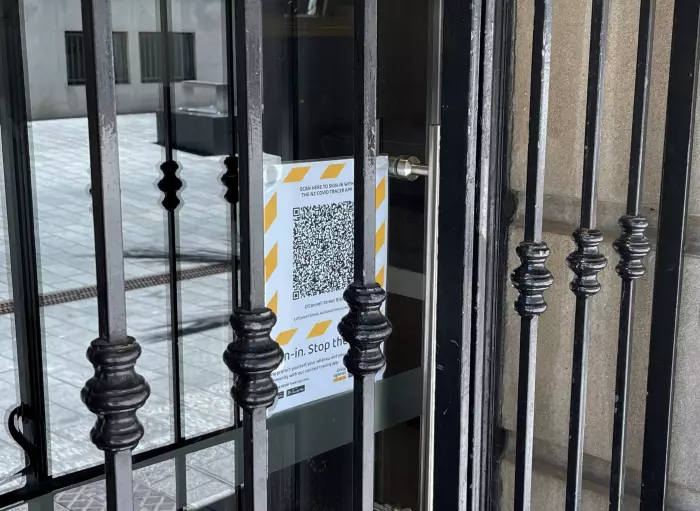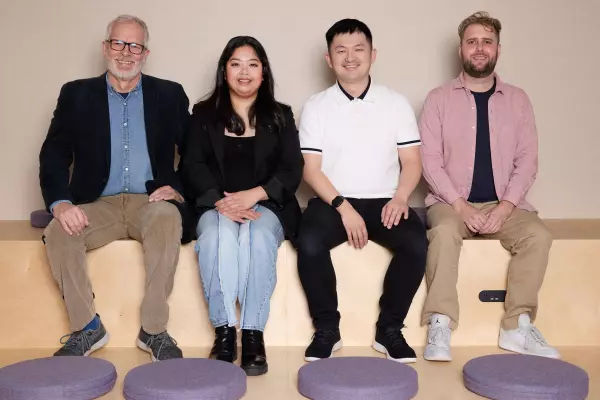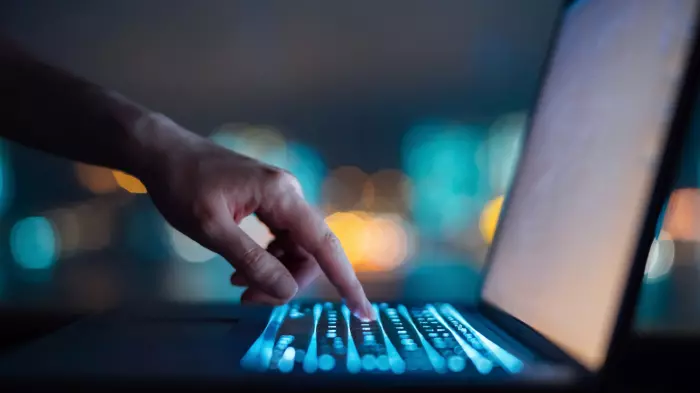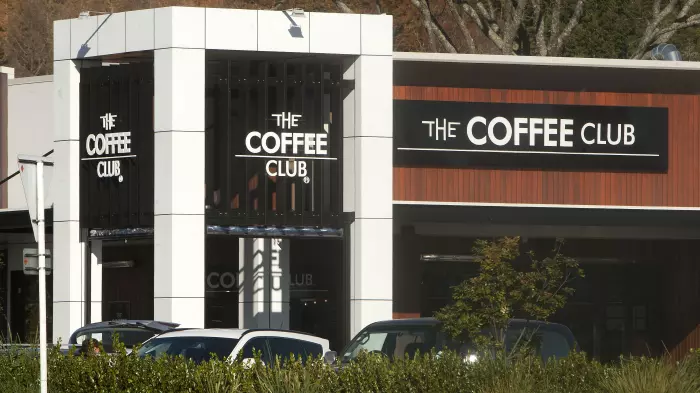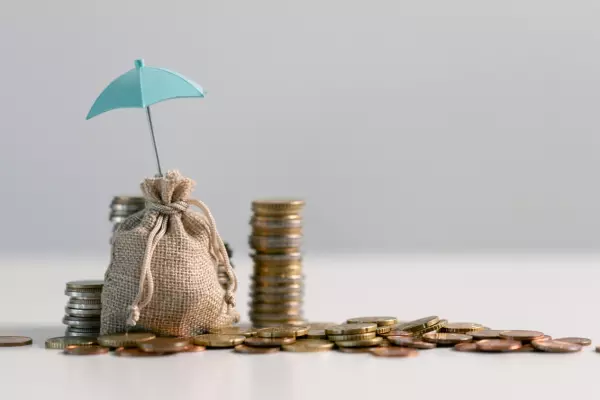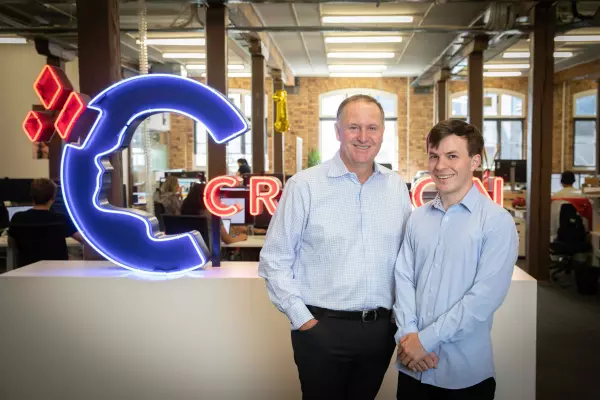In a family that has been severely impacted by covid, I still struggle with the complacency amongst us.
We’ve witnessed family members lose their jobs and their homes, the first-hand economic fall-out of impacted businesses, our teens have moved house, had their schooling habits and education changed or halted, their planned careers upended, anxiety and uncertainty enter their world and, of course, as a patient number 37 — they’ve watched me traverse a vicious cycle of shitty, shitty health from covid-19.
It might not be eloquent, but it’s the easiest description for what has been very real and right in front of them every single day. There has been no escaping the reality of an immune system that went bust, no matter how much “positive thinking” I have applied to it (cheers for the pro tip, Karen).
Usual symptoms
Despite those pretty stark reminders, I’ve also seen them brush off a sniffle, write it off as an allergy and head to work (usually with me screaming at them not to), because their fear of losing their part-time job outweighs the risk of the actual virus in their mind.
Their bosses remind them they must give substantial notice to have time off — no matter the reason. It’s a small business and the short-notice impacts them.
It’s a natural human reaction to find it difficult to appreciate consequences to personal actions when we don’t have any benchmark to apply it against. Mum badgering you to get tested may simply seem like an extreme overreaction to what kinda feels like being a bit tired.
Don’t forget, this person at the butt of New Zealand’s wrath today didn’t have the “usual symptoms” but in fact was just sore muscles and a bit weary.
As someone on Twitter quipped, “that’s describing anyone over 35”. No one ever thinks they could possibly be the reason a whole city locks down. I think it’s safe to assume that they now feel absolutely awful, this is not a Lucinda XX situation.
In the same way that no one in my Long Haul Covid group likes being the punching bag for covid-denying social media keyboard warriors or a pandemically-frustrated populace, these new cases do need to serve as a good reminder to us all that we absolutely must follow the rules, no matter how extreme they might feel to you.
It’s our extreme approach thus far that’s kept us safe and no matter how much you’ve given up so far, there’s no guarantee that we’ll hold our advantage, and even less so when we start to divide & fracture.
What I’ve witnessed (and I’m sure many of you have too) with my friends overseas is the direct correlation between a lack of public cohesiveness and virus containment; it is near on impossible to stop a spread when everyone starts to do their own thing, under their own rationale and justification.
Little decisions that every person makes, every single day matters; maybe you’ve told yourself it’s okay to just hang with those neighbours because “we’re all fine”, or pop down to the bach because “it was before 6am” or even just driving to a slightly further away beach for a walk, a change of scene. Whatever little tweaks you make to the rules — that you allow yourself to entertain — are the same little justifications enabling someone to make what appears to be a much larger and more impactful decision, too.
Little cracks build up to become big enough for the virus to wedge itself into.
And yes, it feels important that the messaging isn’t just “stay at home and isolate”, but a very firm and consequential message that if you get a test, you are not just expected but legally required to stay at home.
False alarms
But then I hear from people who tell me their GP said: “Nah, you don’t need a test” or “go about your normal day”, and other mixed messaging in the health system (I’ve been party to much of this in the last 12 months) and I can see how it’s easy enough to happen.
It feels important to remember that for a lot of young people when it comes to the physical health impact of the virus, they may only have a very mild reaction and therefore may struggle to correlate and connect any symptom with the kind of enormity and fear surrounding this virus.
I know I spent three days convincing myself that it was entirely in my head (even though I was very sick by that point), and was egged on by people around me who said, “you’re just jet-lagged” or “it’s just anxiety”. If I had listened to any of them, I would have been known as the start of the Whitianga Cluster (which thankfully never happened).
It took my squeaky ass wheel to get tested because no one ever expects to be part of the 0.04% of New Zealanders who have had this virus. It feels as unlikely as winning Lotto and there are far more reasonable explanations carrying a higher weight of probability, than contracting it.
Maybe these “false alarms” are aiding and abetting the dialling up of your own dissenting inner voice, chipping away at your vigilance and making way for a growing frustration and readiness for this lark to all be over now. Ready now, as we like to say.
Like you, I’m ready to get back to business, back to health and back to living the way I was pre-virus.
Maybe you’re finding yourself uttering the fated words, “We must learn to live with the virus”. When I hear someone say that, I try to forgive them the trespass on my emotions, it’s triggering AF for those of us who learned the hard way about the vulnerabilities of our immune system. But rather than throw myself two-feet-in-concrete into arguing with every person why they might not be able to just “just live with it”, I instead now take a deep breath and ask myself what they hope it really means, or what they might have had to give up over the last 12 months.
'I'm exhausted'
When inequity has become more apparent and the financial divide has widened, empathy and reason start falling short — we must not lose our humanity.
Maybe you just want the job back that you’ve lost, or see the industry you had enjoyed so much get back on track, or be able to see your loved ones on the other side of the world, or get your kids the medicine that’s keeping them alive without fear of complication or delay.
Maybe you just want to be able to live with less anxiety and uncertainty. I know I do. The cost of a pandemic is physical, financial and it’s emotional.
This lockdown week is keeping me from holding the hand of a dear friend who is dying in Hastings. Last week, it cost my parents their home. The impacts are wide-ranging and continuous, it’s not letting up and it’s really tiring. I’m exhausted.
But I’ve also had the other side of the additional physical impacts covid brings, which helps me know why it’s important that we keep this up. My body isn’t letting me forget about it anytime soon.
I have no other reason to keep telling my story and to be clear I have zero desire to be famous, I am not being paid to say any of it and the trolling that comes with all of this is horrendous.
For my support group, of which there are now about 200 of us, they are not “recovered”, and there is another layer of difficulty in their lives which perhaps those living with chronic illness can empathise with. The simple acts of working, playing, exercising, socialising and loving have been reshaped into a format that’s made every day a “pick-one-only” kind of day, as there is no more “doing it all”.
We’ve aged before our time and there’s no apparent end in sight.
I’ve had people tell me to harden up, get over myself, stop whingeing, be grateful, think of those worse off, stop being a hypochondriac and that clearly my personal hygiene was the root of the problem. People say the darn meanest things when they’re scared, when they’ve had their freedoms impinged on, they’ve lost jobs or made sacrifices they simply can’t understand nor volunteered to make.
It becomes harder to reason with and important to note that most New Zealanders are more likely to have met a conspiracy theorist than they have someone who has actually had covid.
No system is foolproof
From a physical sickness point of view, it continues to be something that’s happening elsewhere in the world, mostly playing out on the media channels and their personal involvement is directly correlated to the freedom and financial implication, not a health one.
When I consider that, I can see how easy it would be to stop “doing your bit”.
The pill we’re taking to fix the disease could often feel like it’s too heavy-handed, particularly if the side effects are strong. Preventative medicine has never been a human speciality.
If it was, we’d all be vegetarian, non-drinkers, sugar-free yogi’s (btw, most of us in the Long Haul Covid group now are exactly that, a radical departure from our former lifestyles of 12 months ago).
It is worth it.
But don’t just listen to me, I asked my support group to sum up for you what they would want you to know and here are the guts of it:
Everybody is vulnerable when it comes to covid. This is a serious illness and for some of us, it has had life-altering implications. Not one part of our lives is the same as they were a year ago before we got sick. You are not bulletproof to catching it and you are not exempt because you are young, fit or healthy.
You cannot pick who is vulnerable, weaknesses are something you find out from getting covid, not prior.
We have layers of border protection, but no system is foolproof — lockdowns are quite literally the only thing that keeps us safe, and our healthcare system from being overwhelmed, when we have community transmission. People in other countries are watching their family members die via Zoom sessions — we can’t let that be the case here.
“Learn to live with it” is only an option for those with blind eyes and an immense privilege.
The people of New Zealand who have had covid simply ask of you: Get tested, then stay home. Wear a mask, socially distance, scan in. Be kind. Try not to become one of us.
And if you do, find us on Facebook and we’ll be there to support you.
Our lockdowns can be short and sweet if we all do our bit.


